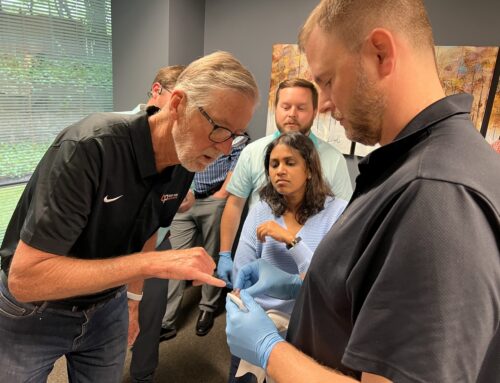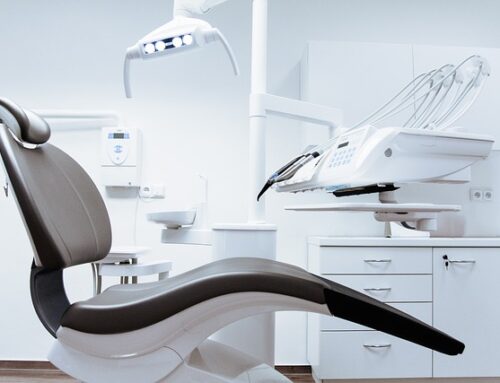There is another connection I would like to take a closer look at: Sleep apnea and MS. This is a connection that has not been talked about in too much detail, but it appears to be one we might want to begin to pay closer attention to.
Fatigue
Fatigue and sleep complaints are commonly experienced by those living with multiple sclerosis (MS), which is an autoimmune disorder that affects the brain and spinal cord. A recent study suggested that while depression plays a role in MS-related fatigue, sleep disturbance is the biggest contributor—that is where sleep apnea comes into the picture.
An explanation for sleep-related fatigue experienced by those living with MS had something to do with obstructive sleep apnea. According to the study, sleep apnea was prevalent in people with MS. It also suggests that OSA may be a contributor to the fatigue that is one of the most common and debilitating symptoms of MS. It is definitely worth keeping an eye on and potentially improving symptoms through the treatment of sleep apnea. While sleep apnea treatment can’t eliminate MS, it can hopefully help with the increased fatigue portion of symptoms.
What is the Connection?
As stated before, sleep apnea is a serious medical condition that is characterized by frequent pauses in breathing while a person is asleep. After the breathing pauses, the person’s lungs catch up by taking deep gasps of air. Some nights a person may even snore violently or choke from oxygen deprivation. The nerve spasms associated with MS are often the causes of related sleep apnea. If a person suffers from sleep apnea, it should be addressed immediately to prevent long-term damage to the body.
Approximately one-fifth of MS patients surveyed had OSA and more than half were found to have an elevated risk for OSA based on screenings. Because fatigue is a common symptom of MS, it might pose as an excuse as to why they cannot sleep at night. However, this mistake needs to be avoided because many times the lack of sleep can be linked to something bigger. OSA can often be easily and effectively treated with oral appliance therapy to not only relieve sleep apnea symptoms, but potentially improve MS symptoms, too.
If you have a patient ha has been diagnosed with MS, it may be a good idea to discuss the possibility of OSA, especially if they are experiencing fatigue. For more information on sleep apnea, please contact my office today. While we continue to learn more about this connection, let’s continue to keep an eye it—you might be just what your patient needs to find some relief.






